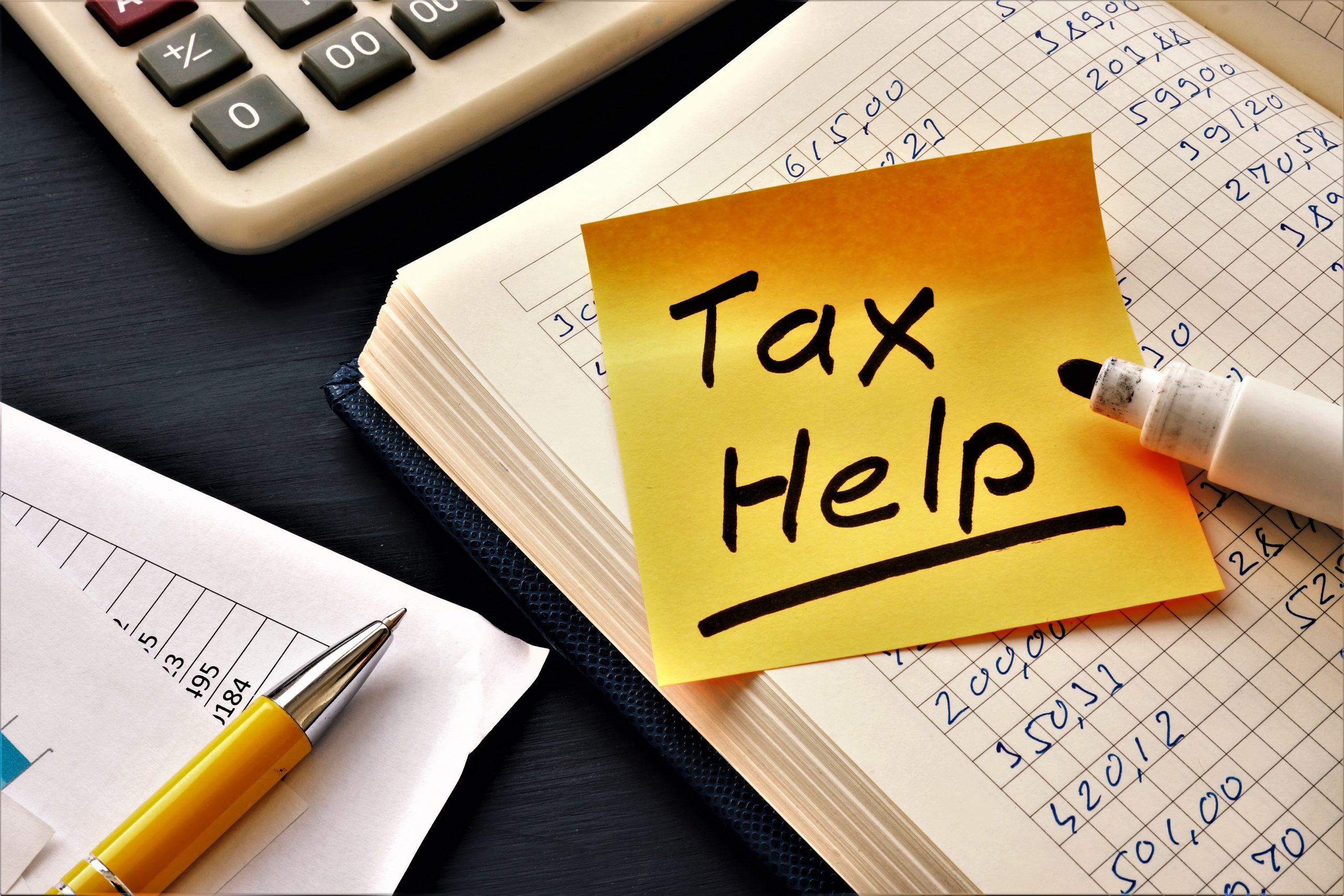Businesses face many challenges throughout the year but the end of the tax season can be particularly busy. This is when one tax year ends and the next begins and it involves a whole host of deadlines, regulations and changes. Of course, the end of the tax year is when many business owners and sole traders will complete their tax return. However, it’s also a time when allowances reset, which can affect dividends, investments and accountancy. The end of the tax year can also be a period in which many companies complete a “spring clean” – ensuring documentation is up to date and that the business remains tax efficient.
Before discussing how to best approach this time, It’s important to ascertain when the end of the tax year actually is. Complicated as it may be, the dates can vary. For the majority of business owners, the tax year will be the UK fiscal year, which runs from 6th April to the 5th of April the following year. More specifically, this will apply to sole traders, partnerships and individuals working for companies. However, those who own limited companies have a different tax year, running from 1st April to 31st of March the following year.
Now that we know when the tax year is, what can business owners and sole traders do in order to prepare for this time?
Organise
It may seem like an obvious recommendation but organisation is paramount when approaching the end of the tax year. Collecting and storing documentation and evidence such as receipts, invoices and statements is extremely important. Not only are these required in order to complete your tax return, they’re also necessary in order to claim back expenses.
Staff Paperwork
For those business owners who employ staff, the end of the tax year brings its own set of responsibilities. For example, pay related paperwork such as P60 forms must be given to staff no later than 31st May. Furthermore, specific employee benefits such as company cars, must be reported to HMRC by 6th July. Of course, NI contributions are also extremely important and these must be made by 22nd July.
Tax Efficiency
Everyone should pay their fair share of tax but that doesn’t mean tax efficiency should be avoided. There are many ways in which a company can guarantee they’re not paying more than they need to. The end of the tax season is important for tax efficiency because this is when many allowances are reset. For example, using your deductible expenses before the end of the tax year, in order to decrease your taxable income.
There are many other ways in which businesses can be tax efficient, including investing into ISA’s, making charitable donations for tax relief and maximising your tax allowance by employing a spouse.
Laws
The tax system can be extremely complicated, especially when the rules are continually changing. Keeping on top of changes in legislation will ensure that you’re fully prepared for tax season and won’t make any unintended, costly mistakes. This is particularly resonant in recent years with so many changes to the UK Government, in such a short time. In fact, we have seen two U-turns on corporation tax in just the last six months.
The proposed increase of corporation tax from 19% to 25% was scrapped by Liz Truss’s government, only to be reinstated again almost immediately. However, it’s important to note that this increase will only affect businesses who make an annual profit of £250,000 and higher. Those who make less than £50,000 profit per year will still deal with the 19% rate. Those who make a profit somewhere between those two figures will receive marginal relief, where the tax rate increases in accordance with profit.
Help
Considering how stressful and busy the end of the tax year can be, many businesses look for professional help. The team at Taxation Investigation offer a complete tax solution, providing expert advice and services. Feel free to visit their website to find out more.
















